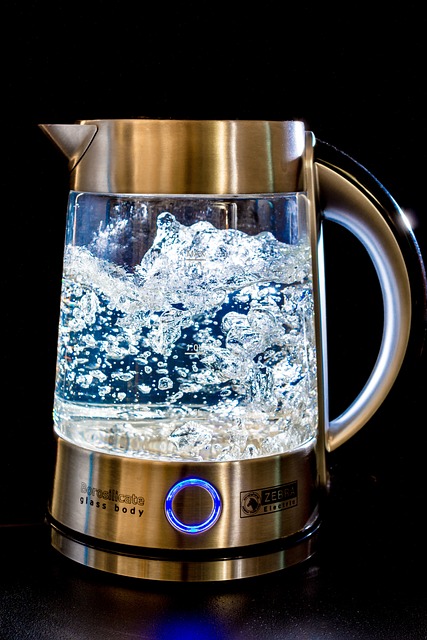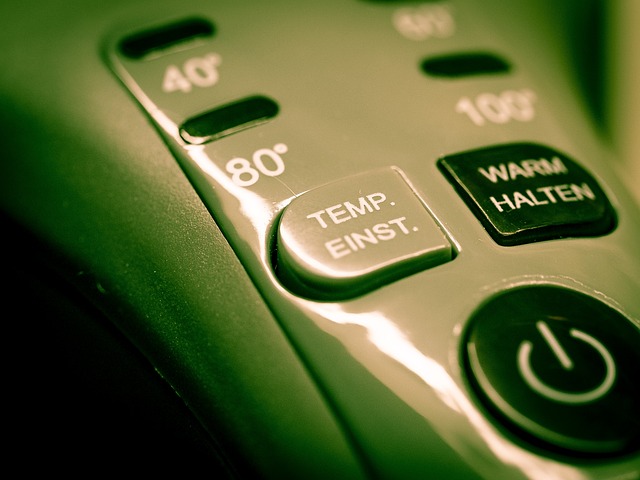Assess your water heater's age, performance, and common issues like temperature fluctuations, leaks, and unusual noises to determine if it's nearing the end of its lifespan. If over 10-15 years old or showing signs like high energy bills, frequent cycling, or drops in water temperature, replacement may be necessary to avoid disruptions and costly repairs. Regular maintenance can only extend its life so much; eventually, a new heater is required for reliable performance and safety.
Is your water heater struggling to keep up with your hot water needs? Recognizing when it’s time for a new one is crucial to avoid costly repairs and ensure consistent hot water. This guide explores the signs you need a new water heater, including age, performance issues like insufficient hot water or strange sounds, and energy efficiency considerations. By understanding these indicators, you can make an informed decision between repair and replacement, saving money and ensuring reliable hot water for years to come.
- Assessing the Age and Performance of Your Water Heater
- – How old is your water heater?
- – Common signs of performance issues
Assessing the Age and Performance of Your Water Heater

Assessing your water heater’s age and performance is a crucial step in determining whether repair or replacement is the better option. If your unit is more than 10-15 years old, it might be nearing the end of its lifespan. Older heaters are often less energy-efficient, making repairs a costly and inefficient solution in the long run. Look out for signs like inconsistent hot water supply, noticeable temperature fluctuations, or frequent cycling (constantly turning on and off). These could indicate problems with the heating element, thermostat, or other internal components, which may be expensive to fix.
Additionally, check for any leaks or corrosion around the tank or pipes, as these are common indicators of wear and tear. If your heater has been exhibiting such issues consistently, it’s a strong sign that a replacement is necessary. Remember, water heaters are essential appliances in our daily lives, so ensuring they function optimally and efficiently is key to avoiding unexpected disruptions.
– How old is your water heater?

If your water heater is getting up there in years, it might be time to consider its replacement. The average lifespan of a water heater varies depending on the type and quality of the appliance, but most standard water heaters last between 8 to 12 years. If yours has reached or surpassed this range, it’s wise to start evaluating your options. Older water heaters can develop inefficiencies, becoming less effective at heating water and more prone to leaking or other damage.
Pay attention to any unusual noises coming from your heater, frequent temperature fluctuations, or if you notice a significant increase in energy bills—these could all be signs you need a new water heater. Regular maintenance can only do so much; eventually, age catches up, and a replacement becomes necessary to ensure reliable hot water supply and avoid potentially costly repairs.
– Common signs of performance issues

Many homeowners often wonder when it’s time to repair or replace their water heaters. Recognizing the signs of performance issues is crucial in making this decision. One of the most obvious indicators is a significant drop in water temperature. If your hot water only reaches a lukewarm level, it might be a sign that the heater element is failing or the dip tube is damaged, causing water to mix with cold water too soon. Another common issue is excessive energy consumption, evident through unusually high utility bills and no visible decrease in usage despite repairs or adjustments.
Moreover, strange noises coming from your water heater, such as banging, rumbling, or hissing, can point to problems like sediment buildup or damaged parts. If your heater frequently turns on and off, leading to constant temperature fluctuations, it’s a clear sign that it’s struggling to maintain a consistent heat level. Leaks around the base or top of the tank, along with rust accumulation, are further signs you might need a new water heater. These issues not only impact the efficiency of your system but can also pose safety hazards and lead to costly damages if left unattended.
When deciding between repairing or replacing your water heater, consider its age and whether it’s showing signs of diminished performance. If your unit is over a decade old, repairs might not be cost-effective in the long run. Look out for frequent temperature fluctuations, uneven heating, increased energy bills, and persistent leaks—these are clear indications that it’s time to consider a new water heater. By heeding these signs, you can ensure a hot water supply without unexpected breakdowns, saving you both time and money.
